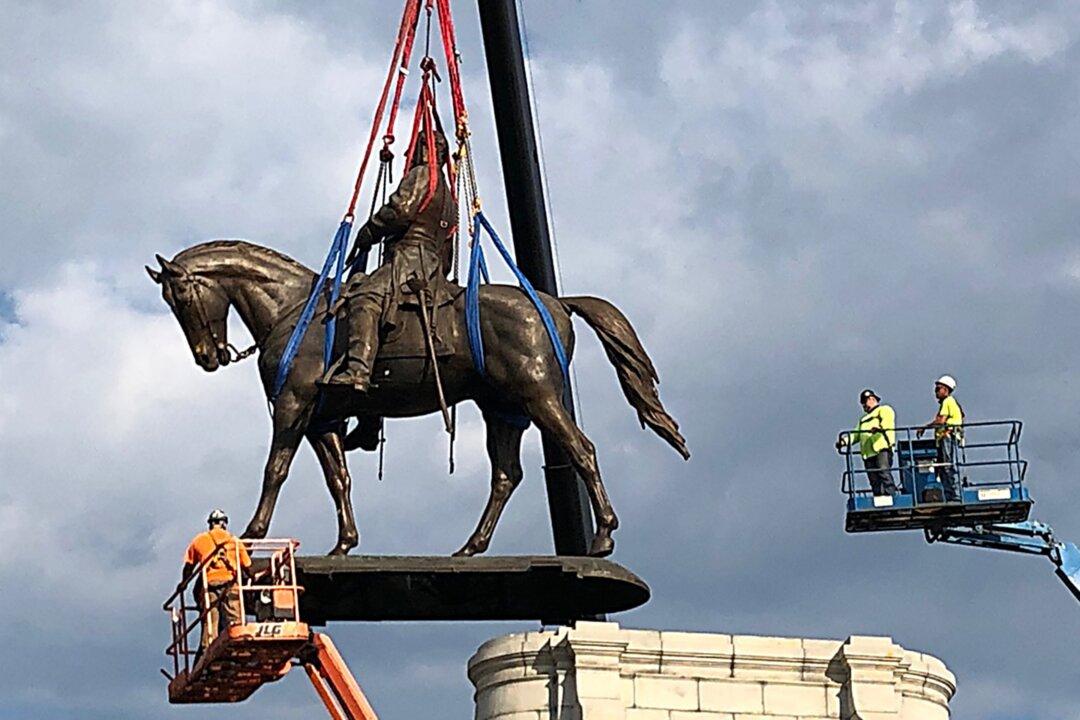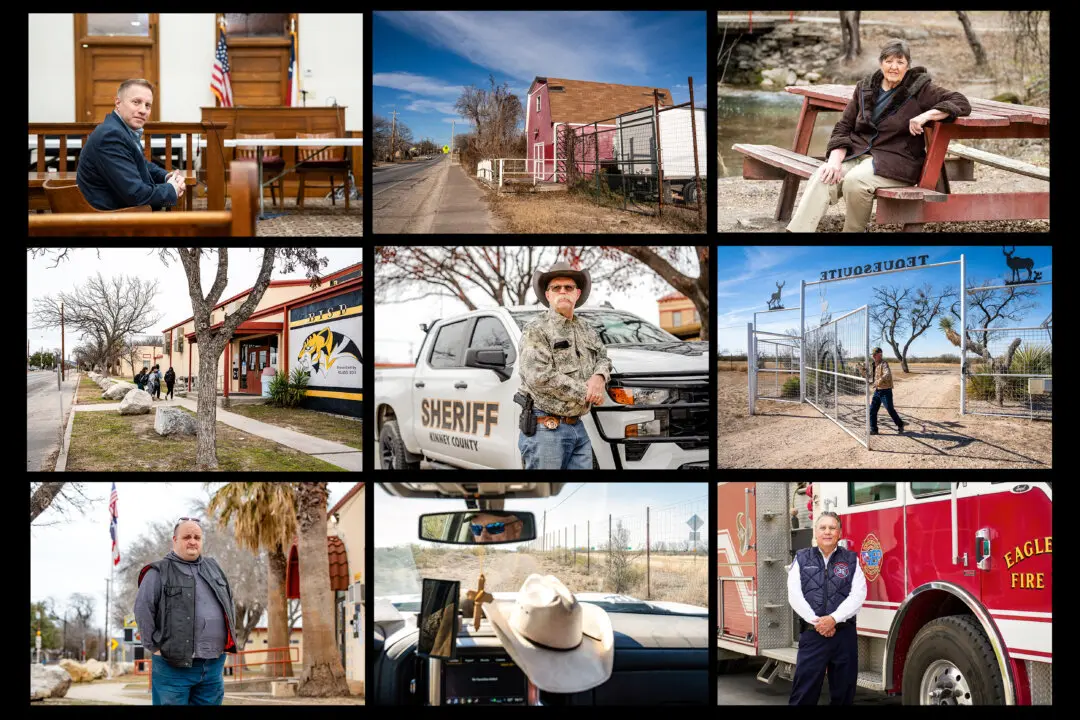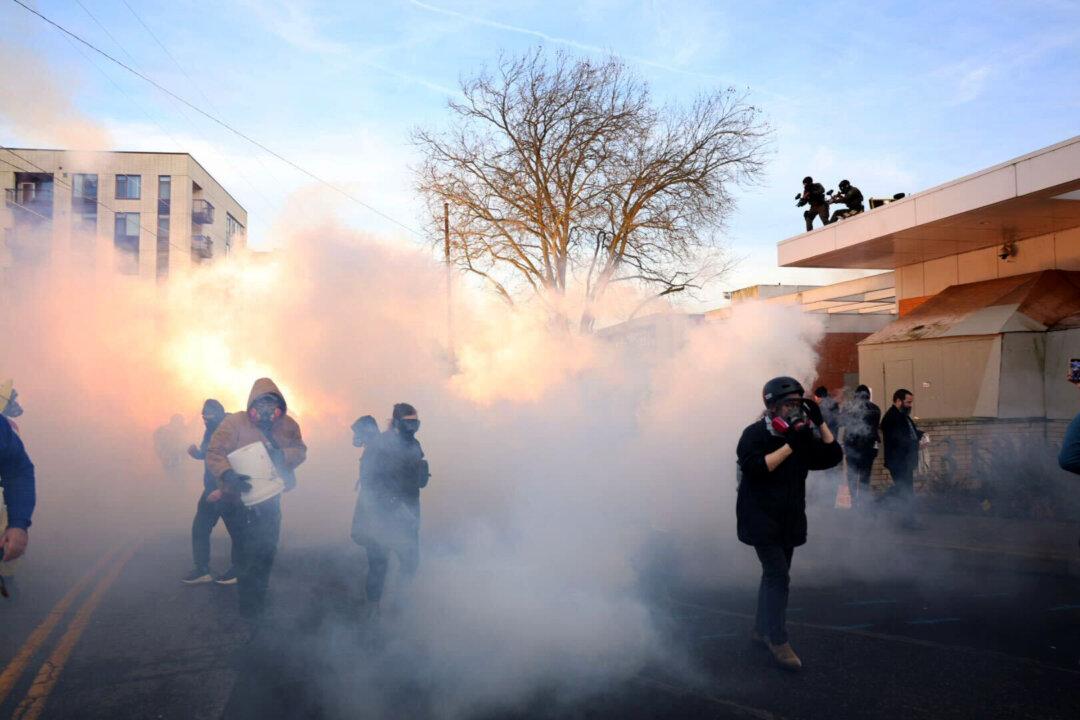The University of Richmond has removed the name of donor T.C. Williams from its law school, citing student complaints that he allegedly owned slaves more than 175 years ago.
The Williams family now wants the Virginia university to give back donations they’ve made throughout the years, with interest, in the amount of $3.6 billion.





